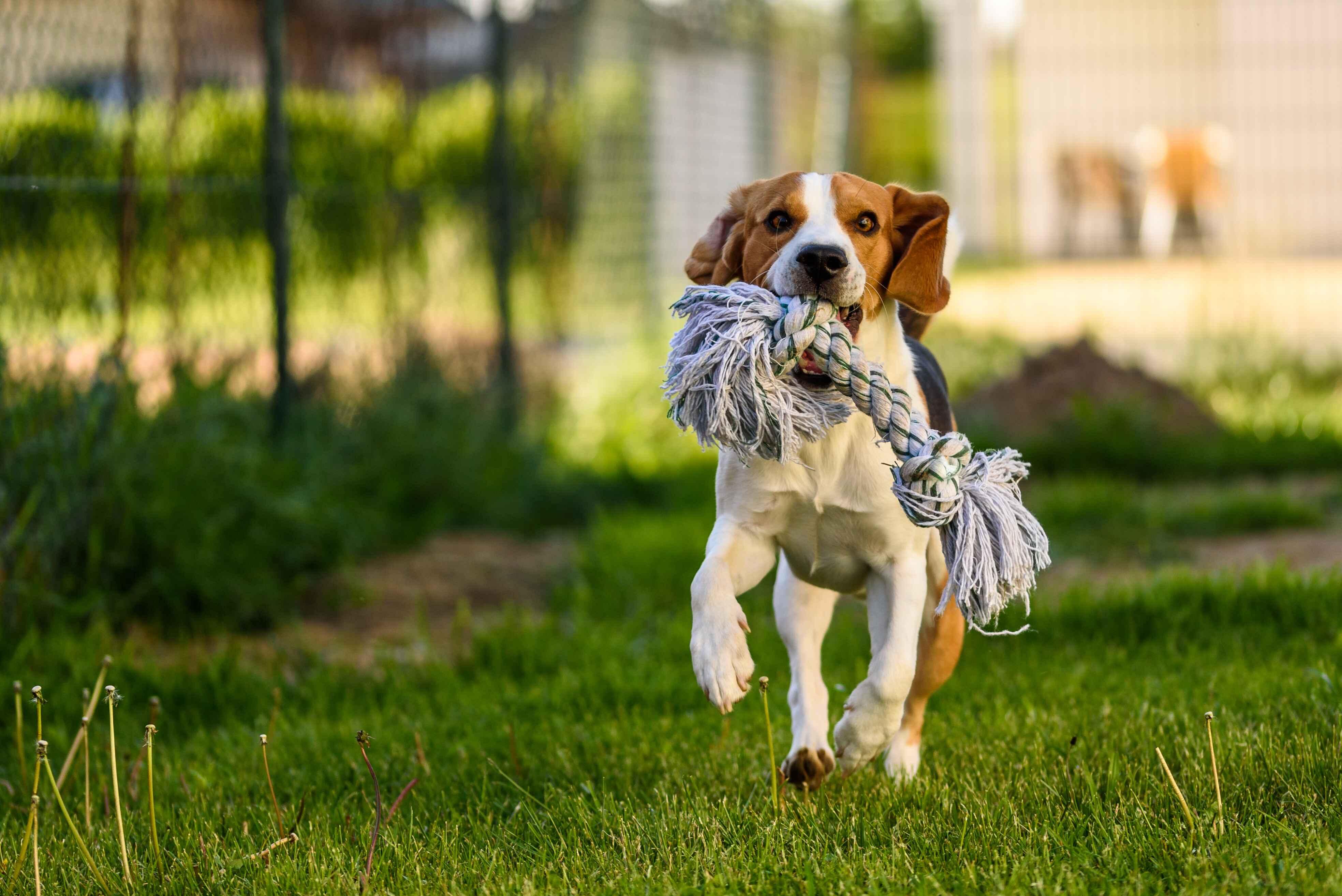What is Lungworm & How Does it Affect Dogs?
Lungworm is a serious condition in dogs caused by a parasitic worm. Once ingested, these worms travel through the bloodstream and can affect major organs, including the heart and lungs, as well as other important systems within the body. If left untreated, lungworm can become life-threatening, which is why early recognition and prompt veterinary care are so important.
Symptoms of Lungworm in Dogs

Dogs with lungworm may display a variety of signs, ranging from subtle changes in behaviour to more obvious health issues. Common symptoms include:
-
Persistent coughing
-
Difficulty breathing or shortness of breath
-
Reduced energy and reluctance to exercise
-
Weight loss
-
Loss of appetite
-
Vomiting or diarrhoea
-
Prolonged bleeding from minor cuts or injuries
If you notice any of these symptoms in your dog, it’s essential to contact Gower Vets in Swansea immediately. Early diagnosis and treatment can make a big difference to your dog’s recovery and long-term health.
Lungworm in Dogs: How Do They Catch It?
Dogs can become infected with lungworm by eating larvae that live inside common garden creatures such as slugs, snails, or frogs. Even if your dog doesn’t deliberately eat them, accidental ingestion can happen, for example, if a slug carrying the larvae is on a toy, a food bowl, or even on your dog’s coat.
Once swallowed, the larvae develop inside the dog’s body. The adult lungworms then travel through the bloodstream and settle in the heart and major blood vessels. Around four weeks after infection, these worms start to release larvae, which can trigger a range of health problems. While mild cases may show little to no signs, untreated infections can lead to serious illness. Thankfully, with prompt veterinary care, lungworm can usually be treated successfully.
The disease can also spread from dog to dog. Infected dogs shed larvae in their faeces, which are then picked up by slugs and snails. If another dog consumes one of these infected creatures, the cycle continues.
Book An Appointment To Discuss Lungworm in Dogs
Preventing Lungworm in Dogs
The good news is that lungworm can be prevented. The most effective protection comes from regular worming treatments prescribed by your vet. These treatments work in the same way as routine flea control, targeting parasites before they cause harm. Many modern worming products also include protection against lungworm.
At Gower Vets Swansea, our team can advise you on the most suitable preventative treatment for your dog, taking into account their lifestyle, habits, and level of risk. We’ll also guide you on how often to give the treatment to keep your pet fully protected all year round.
How to Treat Lungworm in Dogs
With prompt diagnosis and the right treatment, most dogs affected by lungworm can go on to make a full recovery. The type of medication prescribed will depend on the severity of the infection, and your vet will create a tailored treatment plan to suit your dog’s needs.
If left untreated, lungworm can cause serious complications, including inflammation, internal bleeding, and even organ damage. This is why early veterinary intervention is so important.
At Gower Vets Swansea, our veterinary team may carry out tests on your dog’s faeces to confirm the presence of lungworm larvae. Once diagnosed, effective medication can be prescribed to eliminate the parasite and support your dog’s recovery.
Book In Your Dog Today At Gower Vets
FAQs About Lungworm in Dogs
Can dogs get lungworm in the UK?
Yes. Lungworm is present across the UK, and cases have been steadily increasing in recent years. Areas such as South Wales and southern England are particularly known for higher rates of infection.
How common is lungworm in dogs?
Prevalence varies by region, but it is recognised as an increasing threat. Even in lower-risk areas, the disease is becoming more widespread, so prevention is always recommended.
Can you prevent lungworm in dogs?
Yes. There are a number of effective steps you can take:
-
Routine preventative treatment: Regular worming, prescribed by your vet, often includes protection against lungworm.
-
Avoiding slug and snail contact: Stop your dog from eating slugs, snails, or frogs—the main carriers of the parasite.
-
Outdoor water hygiene: Refresh outdoor water bowls daily to reduce contamination risk.
-
Extra vigilance in high-risk areas: Be particularly cautious when walking your dog in places with lots of slugs and snails.
Can you see lungworm in dog poo?
No, you can’t see the worms with the naked eye. Infected dogs shed tiny larvae in their faeces, which are only detectable under a microscope. This is why vets rely on laboratory testing to confirm an infection.
Can humans catch lungworm?
The type of lungworm that affects dogs in the UK (Angiostrongylus vasorum) does not typically infect humans, so the risk to people is extremely low.





